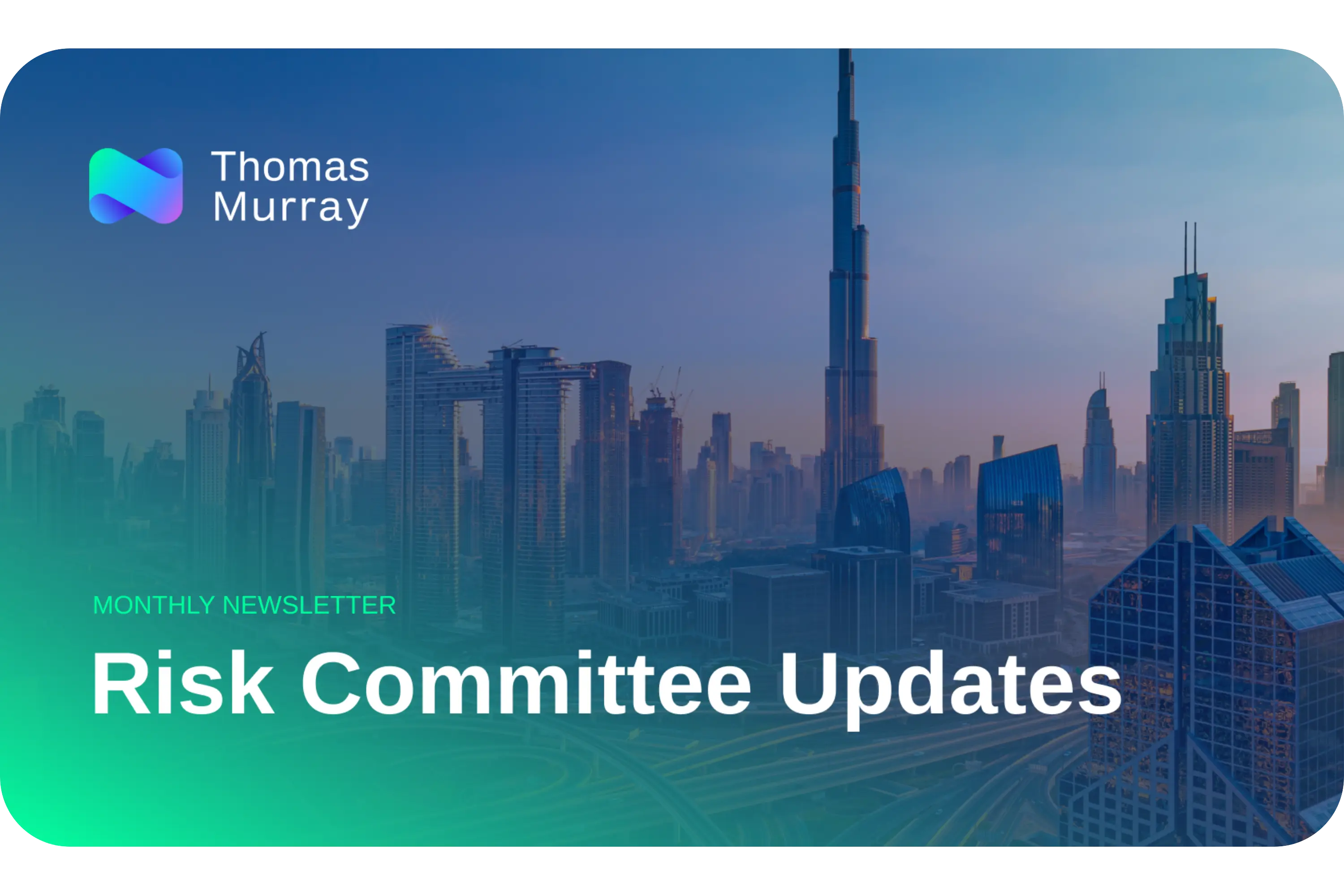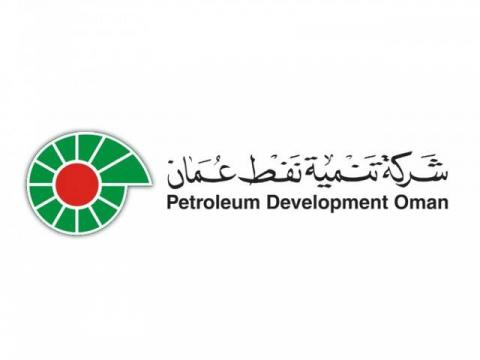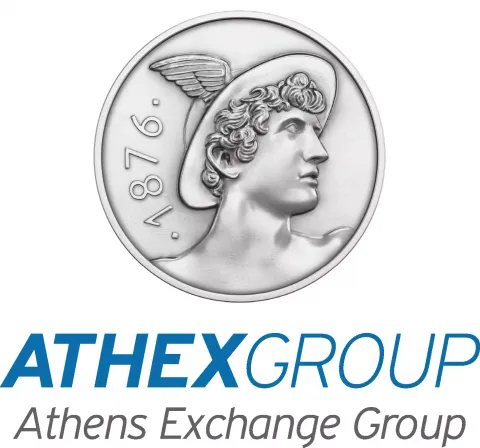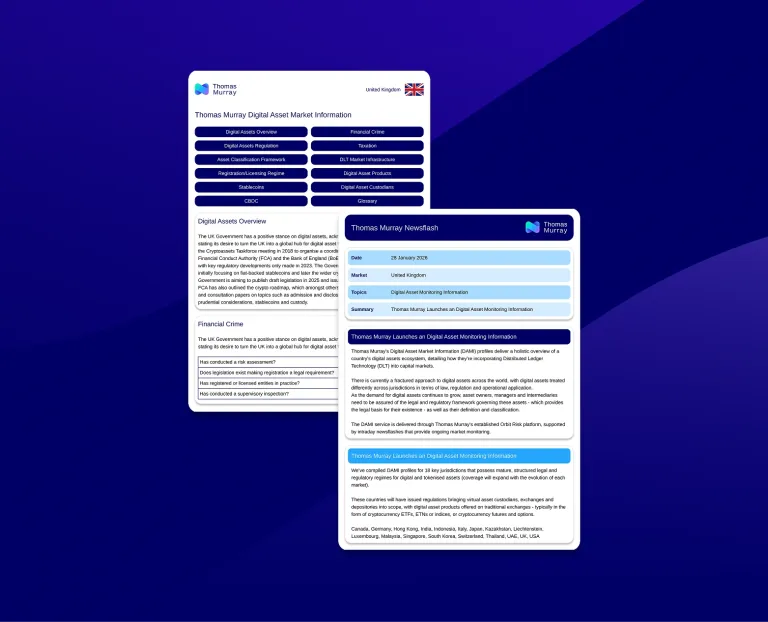January marked a pivotal moment for global capital markets, shaped by technological innovation, evolving market dynamics, and regulatory challenges.
United States
The U.S. capital markets experienced significant turbulence in January, with the technology sector leading a sharp decline. Nvidia faced a record-breaking market rout, losing $593 billion in value after the emergence of DeepSeek, a Chinese AI startup. DeepSeek's breakthrough in cost-effective AI systems, rivalling U.S. tech giants like OpenAI, triggered fears of competitive disruption. Other major players, including Microsoft, Meta, and Alphabet, also saw substantial losses. Despite these challenges, the broader market remains resilient, with investors closely monitoring Federal Reserve policy and the possibility of rate cuts later in the year.
Europe
European markets followed the U.S. trend, with technology shares suffering the heaviest losses. The STOXX 600 index fell 0.6%, while the European tech index recorded a sharp 5.8% decline, its worst performance since late 2024. Key chip equipment manufacturers, including ASML and ASM International, saw significant sell-offs due to competition concerns arising from China’s AI advancements. The European Union proposed extending London’s clearing rights for EU trades until 2028, citing the need to maintain financial stability while the bloc works toward developing its Capital Markets Union. The extension aims to mitigate risks to EU financial markets and provide clarity to participants, as Europe continues to face challenges in handling the scale of derivative clearing currently managed in London. Geopolitical tensions and monetary policy decisions from the European Central Bank remain critical focal points for investors.
China
China's capital markets were energised by the disruptive innovation from DeepSeek, whose cost-effective AI technology positions the country as a formidable competitor in the global tech landscape. This development has intensified competition, particularly in the AI and semiconductor sectors. Domestically, China continues to implement measures to stabilise its economy, with mixed reactions from international investors.
Saudi Arabia and Kuwait
In the Middle East, financial markets are undergoing transformative changes. Saudi Arabia has seen a decline in retail investor participation, with foreign institutional investors becoming more prominent. The market remains dynamic, driven by IPO activity and advancements in post-trade infrastructure. Kuwait, on the other hand, is focusing on digital innovations, such as virtual meeting platforms and streamlined account-opening processes. The country is also in the process of implementing a Central Counterparty (CCP), which will expand its financial instrument offerings.
India
India's capital markets are undergoing structural reforms aimed at enhancing the resilience and efficiency of clearing corporations (CCs). The Securities and Exchange Board of India (SEBI) is exploring a shift toward a horizontal central counterparty (CCP) model to strengthen the financial and operational independence of CCs, which are currently owned entirely by their parent stock exchanges. This model seeks to address fragmented market structures, regulatory overlaps, and concentrated trading activity by creating a diversified ownership structure that includes user groups. Improved governance, fee transparency, and financial independence are also being prioritised to enable CCs to invest in infrastructure and maintain robust risk management systems. As Indian markets continue to attract global investments, these reforms are expected to align the clearing ecosystem with global best practices while ensuring market stability across asset classes.
Global Outlook
The International Monetary Fund projects global growth to stabilise at 3.3% in both 2025 and 2026, below the historical average. Missing or incomplete data in operational risk areas—such as margin calls and default management—remains a challenge across many financial markets, particularly for CCP assessments. With cyber security risks becoming more prominent, these gaps are increasingly critical to address.


Risk Committee Updates
Stay informed with Thomas Murray for the latest on market dynamics and regulatory trends – subscribe to Risk Committee Updates on LinkedIn.
We safeguard clients and their communities

Petroleum Development Oman Pension Fund
“Thomas Murray has been a very valuable partner in the selection process of our new custodian for Petroleum Development Oman Pension Fund.”

ATHEX
"Thomas Murray now plays a key role in helping us to detect and remediate issues in our security posture, and to quantify ATHEX's security performance to our directors and customers."

Northern Trust
“Thomas Murray provides Northern Trust with a range of RFP products, services and technology, delivering an efficient and cost-effective solution that frees our network managers up to focus on higher Value activities.”
Insights

Why 72 hours is the New Standard for M&A Cyber Due Diligence
A decade ago, cyber due diligence sat somewhere between “nice to have” and “we’ll deal with it post-close.” That world no longer exists.

Thomas Murray Launches Digital Asset Market Information (DAMI)
Thomas Murray, a global leader in risk management, due diligence, and cybersecurity services, is proud to announce the launch of Digital Asset Market Information (DAMI).

Solving the "Scale Paradox": How to Automate Portfolio Oversight with Fewer People
In 2026, private equity technical teams are facing a "Scale Paradox": portfolios are growing in complexity, while in the internal teams responsible for operations and cybersecurity oversight, headcounts remain stagnant.

How Private Equity Hackers Choose Their Targets
Private equity firms sit at the intersection of high-value financial transactions, sensitive deal data, and an expanding portfolio of technology heavy portfolio companies – and it’s this combination that makes PE an attractive target for cyberthreat actors.

